Keywords: Shame
There are more than 200 results, only the first 200 are displayed here.
-
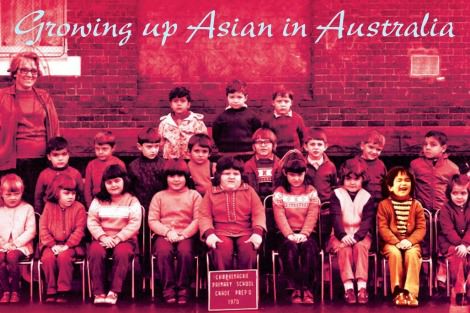
AUSTRALIA
I was told in grade nine I shouldn't bother trying out for the lead of our school play, The Wizard of Oz, because there's no way Dorothy would be Asian. Though I had no intention of trying out for the play, the fact that she told me not to bother made me arc up. The reason she gave - my incongruous Asianness - made me feel angry and ashamed. Angry because it was stupid and unfair. Ashamed because it felt somehow like it was my fault for not being white enough.
READ MORE 
-

AUSTRALIA
- Michele Madigan
- 06 June 2017
11 Comments
In 1978 Kaurna/Narungga woman, Georgina Williams, said to me that Aboriginal people tend to be first on the receiving end of governmental oppressive practices and, when that works, the practices are extended to other poor Australians. Thirty-nine years later, almost every day brings new evidence of a relentless campaign against the poor, of which Cashless Cards are but one particularly vindictive example.
READ MORE 
-

RELIGION
- Frank Brennan
- 15 May 2017
The reconciliation of this vertical relationship is possible only through the mediation of Jesus who embodies, lives and dies the reality of this reconciliation. He puts us right with our God and thereby establishes the basis for right relationship with each other. In many countries such as Australia, Timor Leste and South Africa, the public rhetoric and programs for reconciliation have, at least in part, been informed and underpinned by this theological perspective.
READ MORE
-
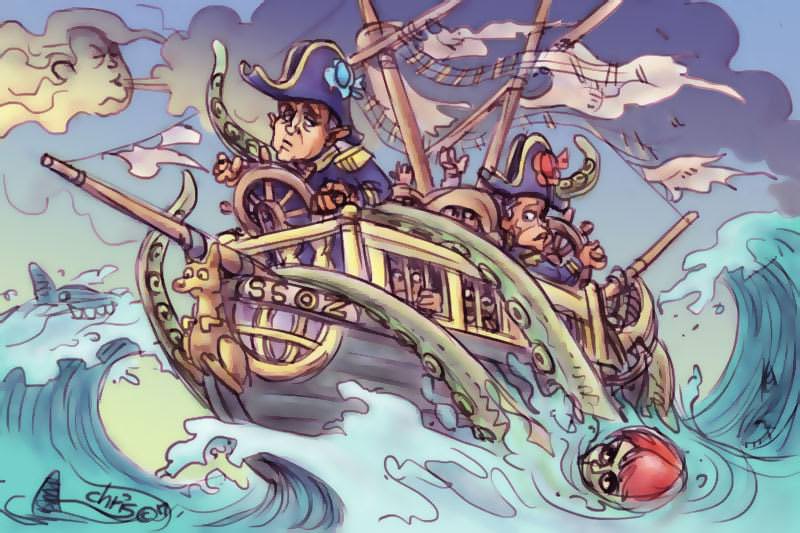
AUSTRALIA
- Andrew Hamilton
- 08 May 2017
11 Comments
In Australian public life we are becalmed in a sea where the trade winds of political will, imagination, ability to agree, trust and firm direction do not blow. We search for portents in the US skies and hope for wind from the budget. The challenge facing the serious person on the ship is to avoid responding to each rumour and proclamation and focus on what matters. What is needed is to sustain the spirits of the crew and to plan the continuation of the journey when the wind again fills the sails.
READ MORE 
-

RELIGION
- Frank Brennan
- 08 May 2017
1 Comment
Our Church is presently a strained, outdated social institution with an exclusively male hierarchy and clergy. But it is also the privileged locus for us to be called to the banquet of the Lord sharing theology and sacrament which have sustained the hearts and minds of similar pilgrims for two millennia. Thank God for Pope Francis who is showing us the way, helping us to find meaning in our changing and chaotic world, putting a fresh spring in the step of all those Catholics holding in tension the prophetic and the practical, the theological and the humanist, the tradition and the contemporary reality.
READ MORE
-
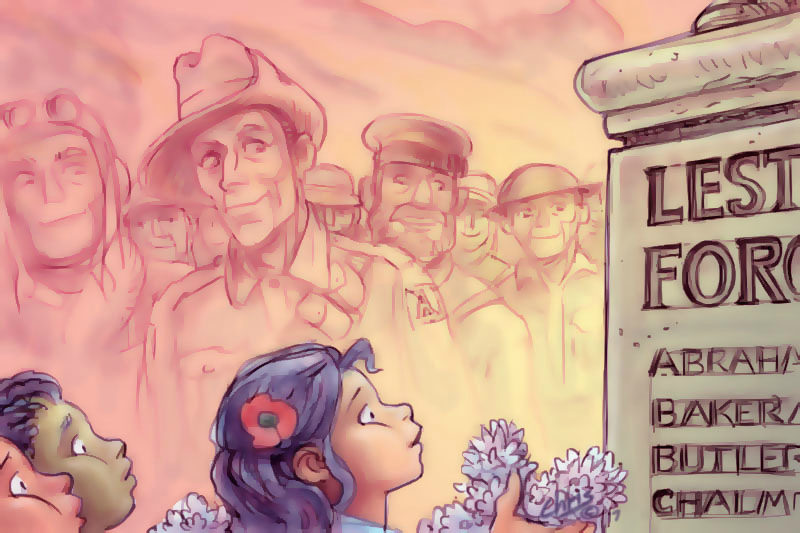
AUSTRALIA
- Gillian Bouras
- 21 April 2017
16 Comments
Every Anzac Day there seem to be arguments about the legitimacy of what has been called the One Day of the Year. In the past I have taken my turn at rebutting views that express the belief that such days are part of a wholly reprehensible glorification of war. I've had a great deal of time to think about the matter, and also have a personal involvement: my grandfather and father were in the Australian Army, and both saw active service, about which periods they hardly ever spoke.
READ MORE 
-
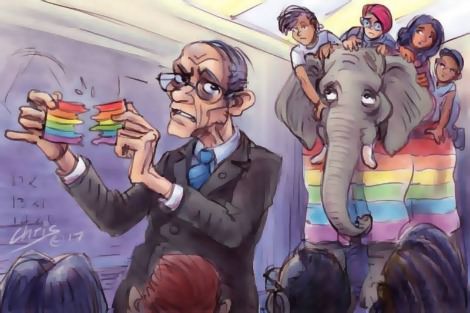
EDUCATION
- Neve Mahoney
- 06 April 2017
20 Comments
Recently Gilbert Baker, the man who designed the rainbow pride flag, died. The flag was designed to be a symbol for the LGBTIQ movement, representing the diversity of the community. Within the same news cycle, it was reported that Catholic Notre Dame University in Sydney had had pride flag stickers torn down from its student association office. Schools' main concern should be the welfare of students, but that is difficult when they have an arm tied behind their backs in regards to LGBTIQ students.
READ MORE 
-

MEDIA
- Rachel Woodlock
- 23 March 2017
3 Comments
Elite athletes wear Nike. Celebrities wear Nike. Beautiful people. People who take their sports seriously. Well, that's what decades of advertising around the little swooshy tick and 'Just Do It' trademark told us. Fat girls don't deserve to wear Nike because they are supposed to feel ashamed of their ample girths. They should exercise, of course, but in sackcloth and ashes, with downcast faces, signalling they understand their moral depravity. Some people, it seems, still feel that's the way it should be.
READ MORE 
-

ARTS AND CULTURE
- Tim Kroenert
- 22 March 2017
All stories that deal with time travel will come up against paradoxes. Generally the success of the story will come down to how capably these paradoxes are dealt with, and how consistently with the story's internal logic. Otto Bloom turns on the concept of time as an extension of the physical dimensions. If time is as tangible as physical space, then all events in time are occurring simultaneously. That we perceive time as moving in a particular direction is a feature of our human consciousness.
READ MORE 
-

RELIGION
- Frank Brennan
- 06 February 2017
17 Comments
Listening to the media and our church leaders in recent days, we know that there is plenty of darkness ahead for our Church in the weeks ahead with the Royal Commission's so-called 'Catholic wrap-up'. We're told that the statistics will be terrible and we expect that some of our church leaders will appear, looking stunned and helpless. This morning, I think we need to reflect on these stark realities in the light of the scriptures. And this can be done only by holding the victims clearly in focus.
READ MORE
-
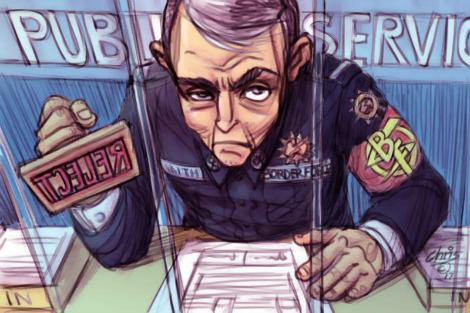
AUSTRALIA
- Rachel Woodlock
- 27 January 2017
23 Comments
'Take that out of your mouth, I have to touch that,' barked the Border Protection officer, glaring at me. I'd been juggling bags, boarding tickets, and a passenger exit card, so my passport was positioned precariously between my lips. I wondered if there was a class for teaching them how to be that special mix of forcefully domineering and nasty. It's not just at airports that ordinary people are increasingly feeling a sense of helplessness in the face of bureaucratic antagonism.
READ MORE 
-
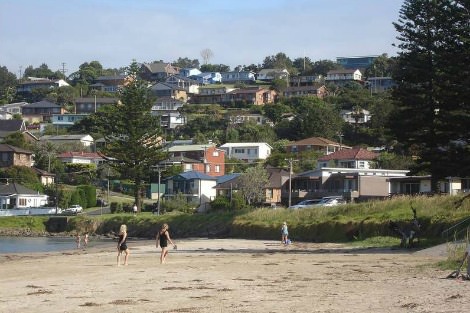
AUSTRALIA
- Andrew Hamilton
- 24 January 2017
16 Comments
The enjoyment of the holidays did not soften the mayhem and malice of the public world and the people whose lives and happiness are so destroyed by them. It held in mind the images of death and diminishment, but set them on a canvas of thanksgiving for the ways in which kindness and humanity are embodied in people's lives, for the strength and delicacy of relationships that we take for granted, and for the gift of a beach holiday that is an impossible dream for so many Australians.
READ MORE 